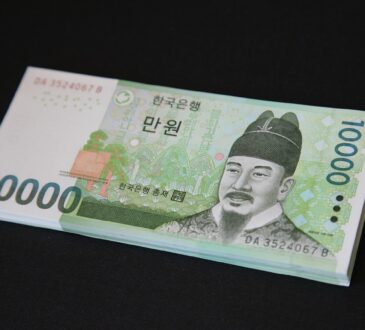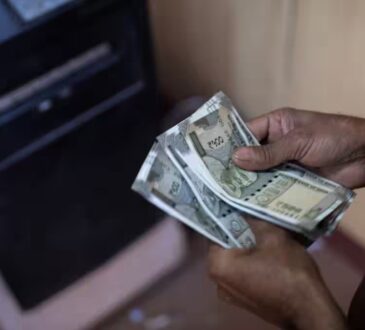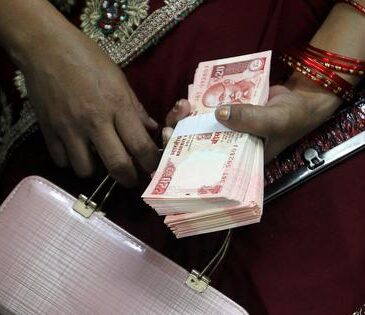With the independence of the Federal Reserve under threat, heightened unease from tariffs and a looming meeting between the finance chiefs of Japan and the US, the yen broke through resistance to appreciate as much as 0.7% to 139.90 per dollar.
That was its strongest level since September and made it the best performer among Group-of-10 currencies on Tuesday. President Donald Trump’s trade war has boosted demand for haven assets, with the yen benefiting to the tune of almost 7% this month.
Investors have reacted with alarm to Trump contemplating the possibility of firing Fed Chairman Jerome Powell, which has added to dollar weakness. The Wall Street Journal reported that Trump is laying groundwork to blame the Fed for the economic fallout from the trade war if the central bank doesn’t cut rates soon.
Mizuho Securities strategists said in a note that the yen may test its 2024 peak of 139.58 due to the decline in US stock prices and the upcoming US-Japan talks. That could contribute to further appreciation.
“If the yen clearly exceeds the 140 level or the mid-139 level that it hit in September last year, it’ll become easier for technical factors to trigger yen buying and dollar selling, accelerating the yen’s appreciation,” said Hideki Shibata, senior fixed-income and foreign-exchange strategist at Tokai Tokyo Intelligence Laboratory Co.
Speculative traders became most bullish on the yen on record last week, according to data from the Commodity Futures Trading Commission as of April 15. Investors will be closely watching a meeting between Japanese Finance Minister Katsunobu Kato and US Treasury Secretary Scott Bessent that’s reported to be held this week.
Trump has criticized Japan in the past over his belief that Japan is keeping its currency weak to gain a trade advantage. Kato said he aims to build on close discussions pertaining to currencies at the meeting this week.
Bloomberg reported that Bank of Japan officials see little need to change their existing stance of gradually raising interest rates for now despite uncertainties from US tariffs, which would support the yen. However, overnight index swaps show a 59% chance of a rate hike by the end of the year, compared to certainty earlier this month before the US tariff announcements.



